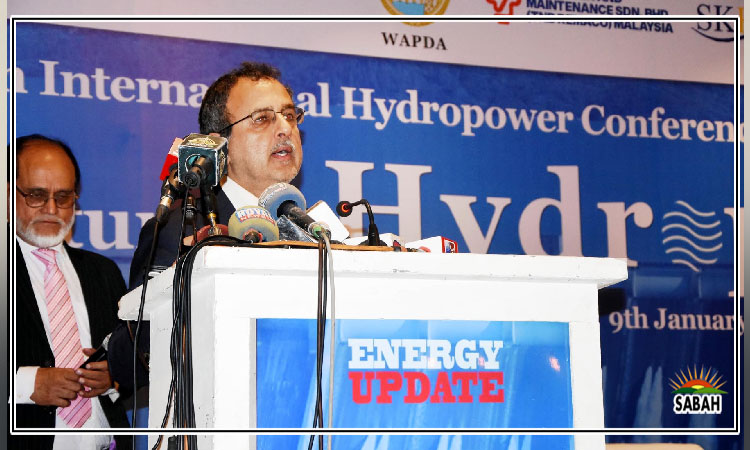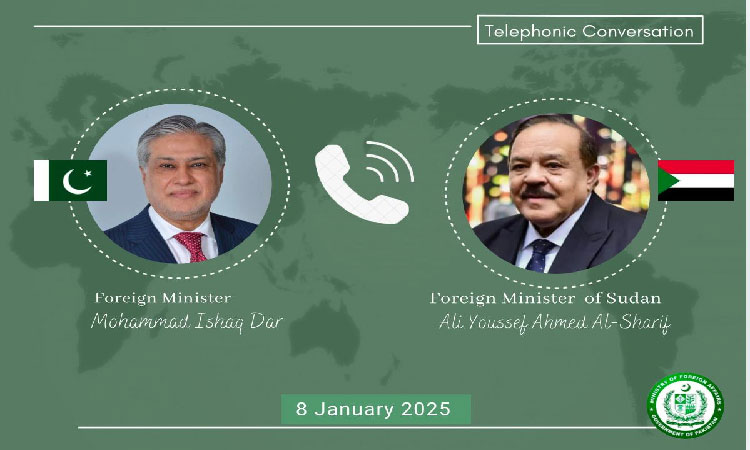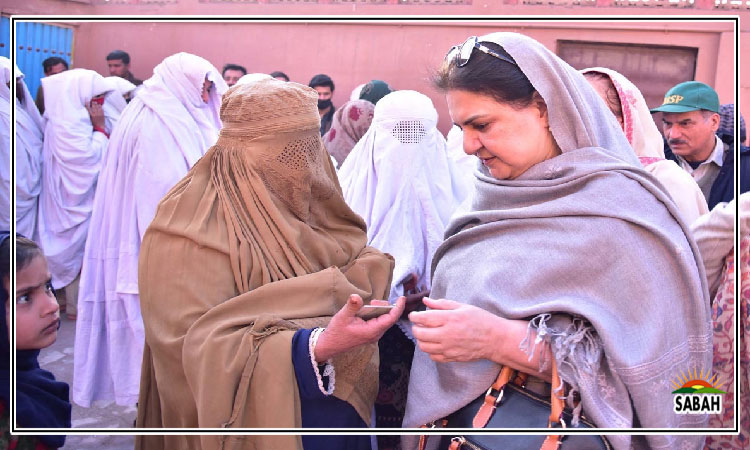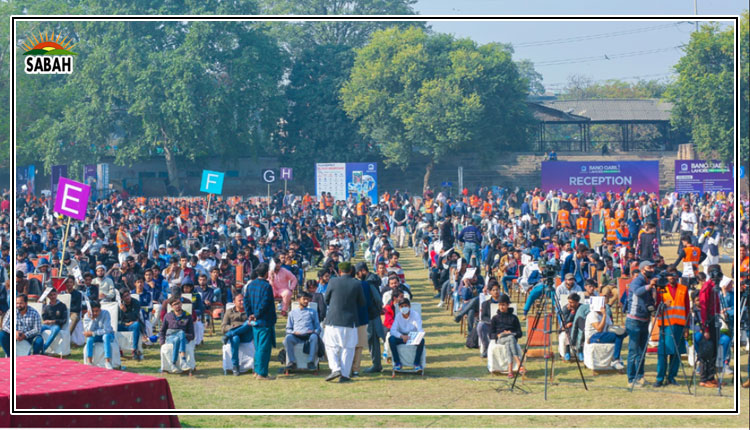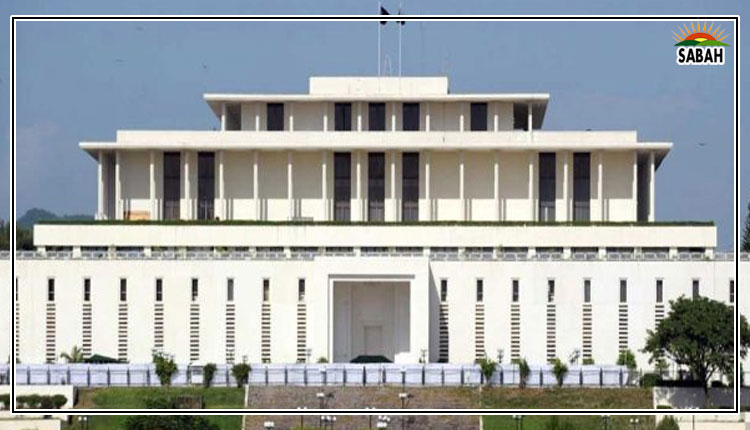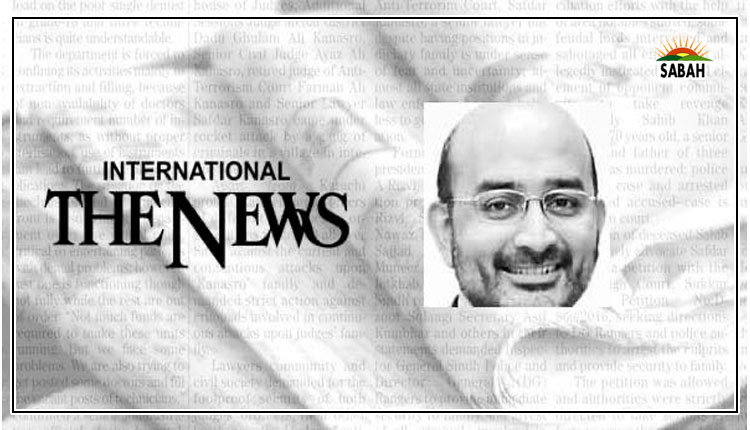Becoming all-season partners…Malik Ahmad Jalal
During my graduate studies at the Harvard Kennedy School, three Chinese officials were on year-long fellowship at the universitys research institutes. What is your purpose here I asked. The Chinese vice commerce minister responded: to understand the [American] system.
Despite a close alliance, I am shocked by our decision-makers lack of understanding of how the US system works. This leads to miscalculations and frustration voiced by our common complaint The US does not understand our compulsions.
Most recently, there is confusion about US administrations dialing back the tension, some official rapprochement with former prime minister Imran Khan even though former PM Khan partly blamed the Biden Administration for his ouster. This may seem surprising though totally expected from a practical understanding of ideological influences on American foreign policy.
The US has an open and competitive foreign policy arena, where with effort and investment, any country or policy position can be projected. If another country or group gains favourable US support, its simply because they have worked harder, smarter, invested longer term into building grassroots connections in the US than us full stop.
Within the US, there are three strong ideological groups competing for influence on their foreign policy. Independent of which party is in government, the sway of these ideological groupings is permanent. Getting US support is easier if we are aligned with two of these ideological groups this converts transactional relationships into a strategic one, from fair-weather friends to all-season partners.
The first is Our Common Defence that is US defence interests are aligned with ours or we are a big buyer of American military equipment. The defence industry is the custodian of this group. The second is Our Common Prosperity US commercial and investment interests are embedded with us through trade or investment. The US Chambers of Commerce is the custodian of this grouping.
The final one is Our Common Values democracy, protection of human or property rights etc are also our values. The National Democratic Institute or media publications like The New York Times and Washington Post lead this group.
India is aligned with all three, and so whether Democrats or Republicans are in power, India gets positive support for its position. Pakistan was aligned on defence in the 1960s (the cold war), 1980s (the Afghan War) and 2000s (the war on terror), but enemies change with time, and so our relationship has been transactional, and long-term partnership is elusive.
Therefore, the relationship between Pakistan and the US post the 2022 vote of no-confidence is an interesting case study for understanding competing pressures on US foreign policy. Former PM Khans current politics, whether intentionally or by chance, falls on the side of freedom of expression, right to vote. This aligns the PTI with the Our Values grouping, and hence this ideological base in the US is likely to advocate in favour of the PTI.
For example, Congressman Brad Sherman, is the second highest ranked Democrat on the Foreign Relations Committee, wrote in favour of the PTI, as he was mobilized by a Pakistani-American candidate for Congress. Their point of convergence was our values of the right to vote, which Khan is seen to espouse.
Similarly, former secretary of state Mike Pompeo appeared to sympathize with Khan at a fundraiser hosted by a Pakistani American
Historically, this US values and culture ideological base has backed Mohtarma Shaheed Benazir Bhutto Sahiba and the PPP, but this support can switch to the PTI if the current political violence persists. In addition to the PTI being on the same side as the values grouping, there are two reasons for this positive shift in US policy towards the PTI.
First, the PTI invested heavily in the American-Pakistani diaspora through the Madison Square Gardens jalsa and wooed them through vote enfranchisement in Pakistan and investment incentive privileges like the Roshan Digital Account. Then the second-generation Pakistan-Americans are more politically engaged and are less loyal to the US-establishment partnership for stability of Pakistan than their first-generation parents who grew up in Pakistan. The second generation can cause a permanent shift away from the PPP or the establishment.
Whether from a party or the countrys perspective, it is important to understand that US foreign policy towards Pakistan is not fixed, and is up for grabs for players on both sides through effort in nurturing long term relationship with influential US institutions and groups. Second, aligning with the three levers and influences on the US foreign policy gets us long-term and consistent support for our position. Lastly, there are changing trends in US demographics and institutional structures that will impact US-Pakistan relations. Gen Musharraf drew strong support from the earlier generation of Pak-diaspora like Dr Naseem Ashraf and the PakPac advocacy group which will not be forthcoming today as that generation is retired and replaced by a more progressive and pro-liberties generation.
We have a volatile relationship with the US due to the single dimensional focus on common defence. If we achieve common interest with the US in economics and some aspects of values, then we can harness longer-term strategic support from the US, from its own internal groups. In any scenario, the US-Pakistani diaspora has a pivotal role to play and our leaders should engage and leverage them as the Modi administration did with non-resident Indian-Americans.
Courtesy The News





